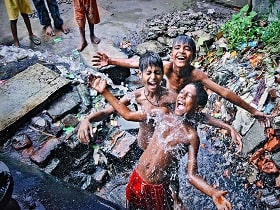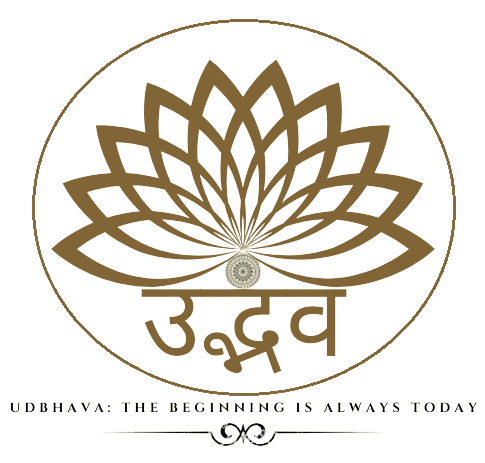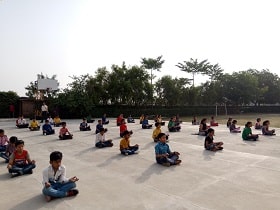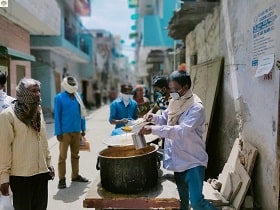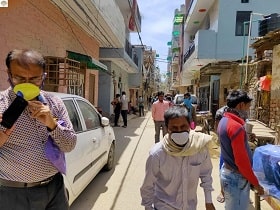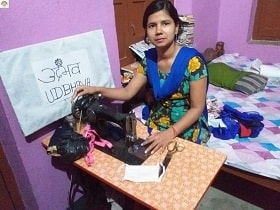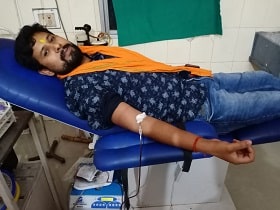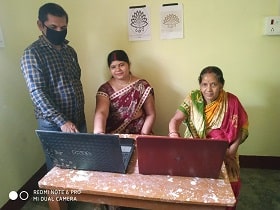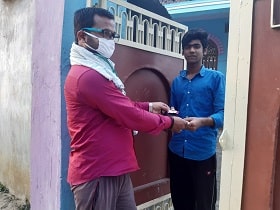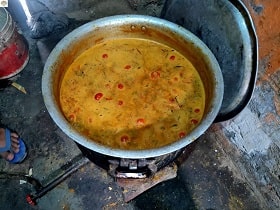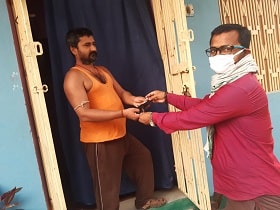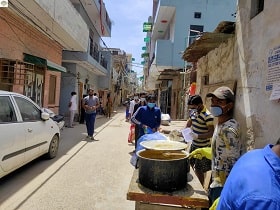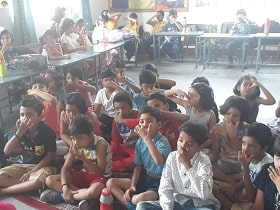Health and sanitation
The key factor on which UDBHAVA is working is:
● Safe, clean and accessible WASH facilities in educational and public institutions with adequate facilities for washing, changing, drying or disposing of soiled sanitary materials for menstruating women and girls.
● Safe and clean WASH facilities at home and in public institutions, including schools, which can be easily accessed by the elderly and persons with disabilities by introducing simple adjustments, such as wide doors, ramps, handlebars for support, good lighting, commodes and slip-resistant floors.
● Inclusion in decision-making processes related to planning, designing and managing of these facilities to ensure that the specific needs of each group are met
● Information and education on menstrual hygiene management for adolescent girls and availability of privacy, water, soap and sanitary napkins at schools and colleges.
● Medical, life and accident insurance for sanitation workers and waste collectors.
● Job security and equal pay for workers employed by the government and private contractors. Recognition of the critical role played by informal waste collectors in keeping the environment clean, and their right to sell the waste collected by them at a fair price.
● Provision of safety equipment, protective gear, and WASH facilities at landfills and waste segregation points, for sanitation workers and waste collectors.
● An educated public that disposes different kinds of waste safely.
● Sensitization of the general public, as well as, governments to reduce stigma and discrimination against sanitation workers and the transgender community
